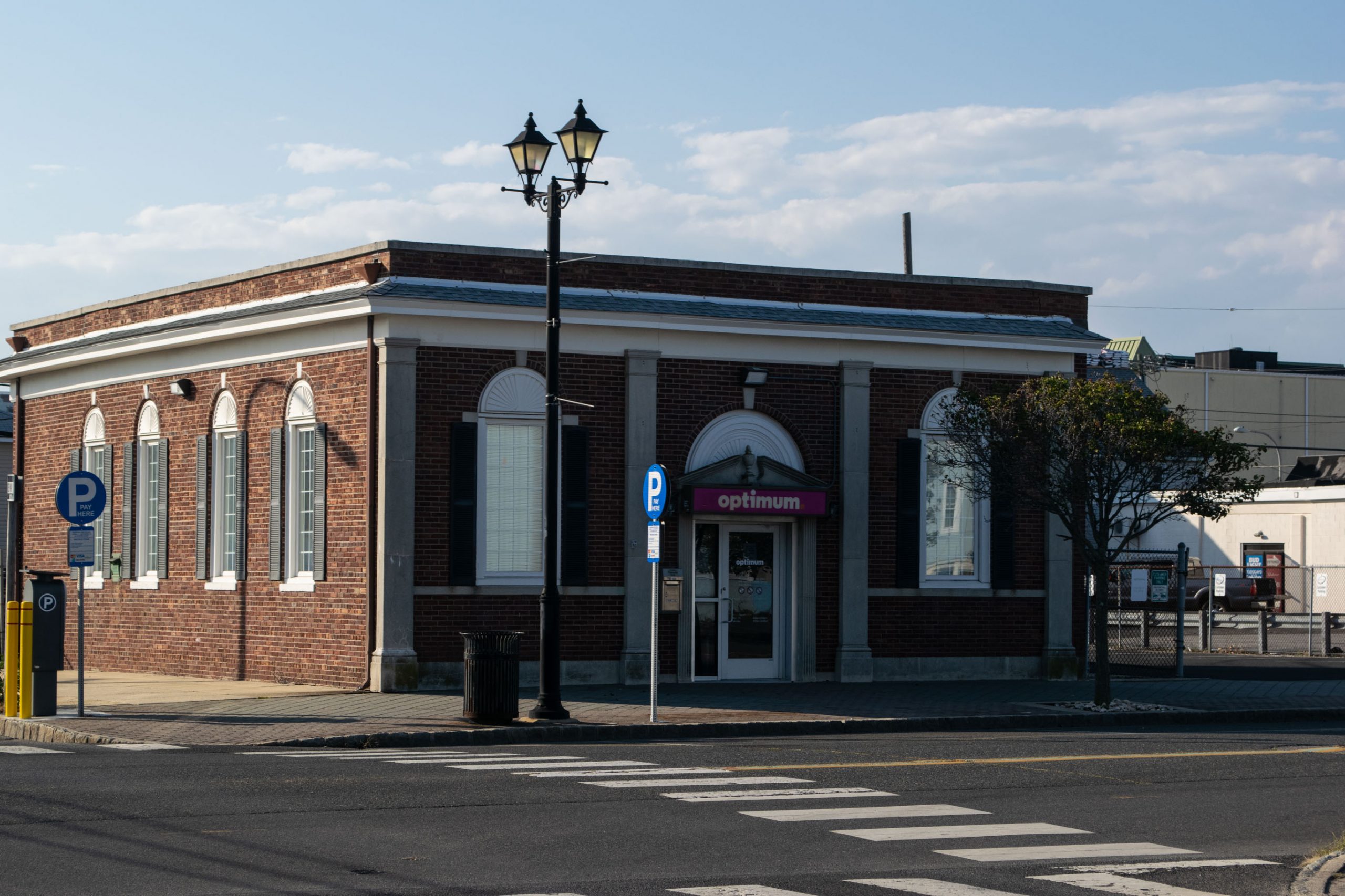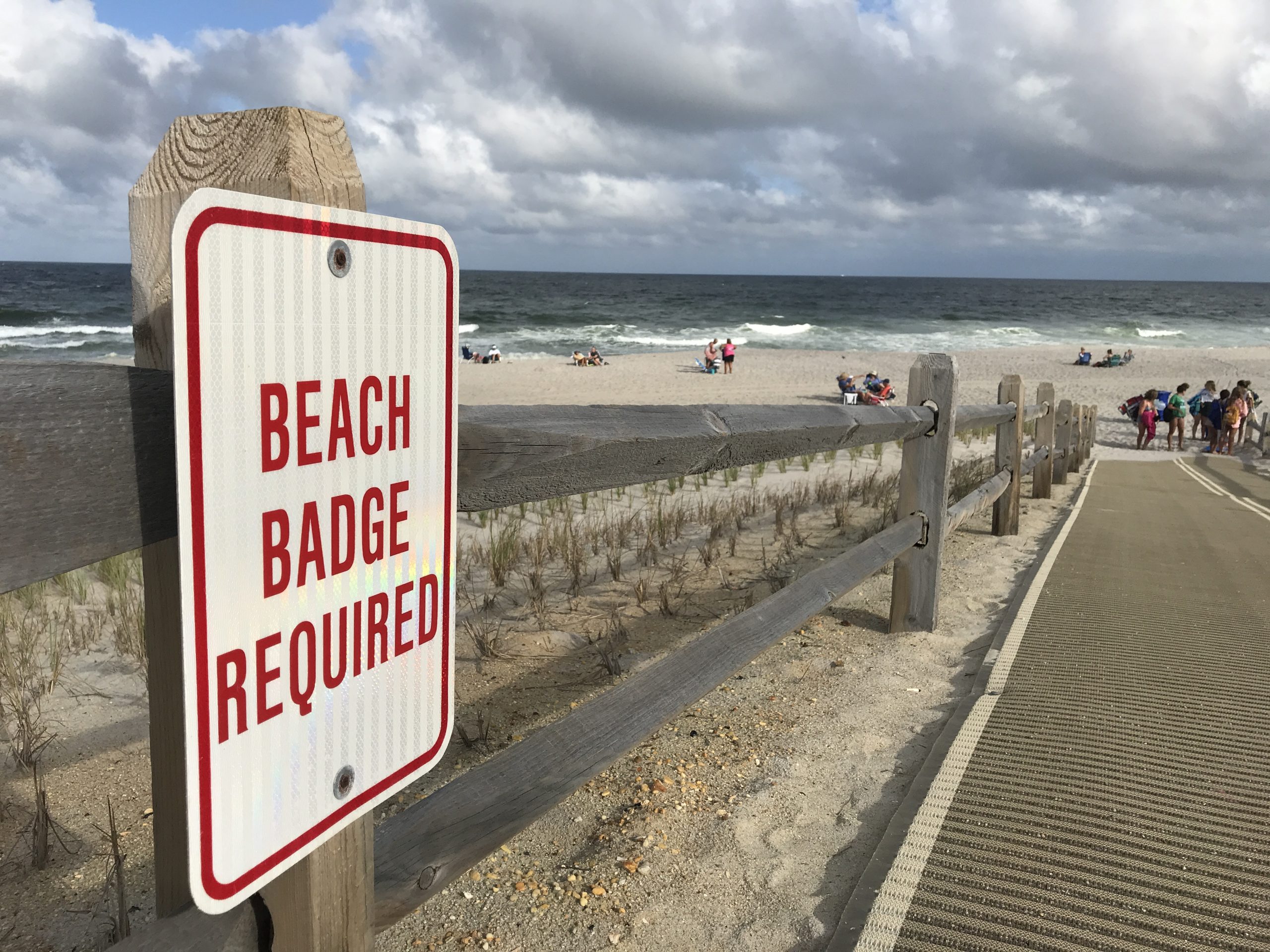Lavallette officials have seen a marked increase in construction activity borough-wide in recent weeks, continuing a cycle of record-high building and development that is now outpacing even the post-Sandy period.
Councilwoman Joanne Filippone said at a meeting Monday night that the boom in construction began about six months before the coronavirus pandemic hit. While many had prognosticated a dip in discretionary spending – a certain bane of the tourism-driven Shore home construction industry – real estate prices continued to balloon, and low interest rates have spurred homeowners to invest in their properties.
There were more than $60,000 worth of permits issued in the month of September, and October is on track to break that figure.
“We were at $50,000 in the initial boom after Sandy, and now we’re back there without having any sign of stopping,” Filippone said.
Borough Administrator Robert Brice said in the first five days of October, the construction office at borough hall has already collected $20,000 in construction permitting fees. Last month, building fees generated $33,156, while about $12,000 and $10,000 in permits were obtained for electrical and plumbing work, respectively.
“The fees are not set by the Borough of Lavallette, they are set by the UCC,” said Filippone, referring to the Uniform Construction Code, a set of statewide administrative regulations for development.
“We don’t charge more, and for a long time we charged less,” Filippone added.
The real estate market continues to boom in Lavallette, with home values rising as the town claims one of the lowest – if not the lowest in 2021 – property tax rate in New Jersey. The median sale price of a residential home in Lavallette rose a staggering 61.9 percent over the last year to $967,500. Inventory has decreased by a quarter while the number of days a home remains on the market, on average, fell to just 20 – a 65 percent decrease over a year ago.
The increase in activity does come with some increases in cost, however. Police overtime has been up over the past year due to a combination of demand as well as the nagging labor shortage that has plagued Shore towns over the last two summer seasons. Overtime is up 47.5 hours this year.
“Overtime in our police department has remained high, primarily because we are short-staffed,” said Filippone. “When you have to bring in a full-time police officer, the pay scale is higher than having additional employees. But there is nothing we can do – we have to cover the areas and responsibilities we have.”
Overtime added up to about $72,000 last year. So far in 2021, the borough has had to expend $119,000 on overtime.

Advertisement

Police, Fire & Courts
Cops: Juvenile Arrested After 118mph Joy Ride in Seaside Heights, Toms River Kills 2

Seaside Heights & Seaside Park
Seaside Heights Mourns Passing of Boardwalk Legend, Still Working Into His 90s










